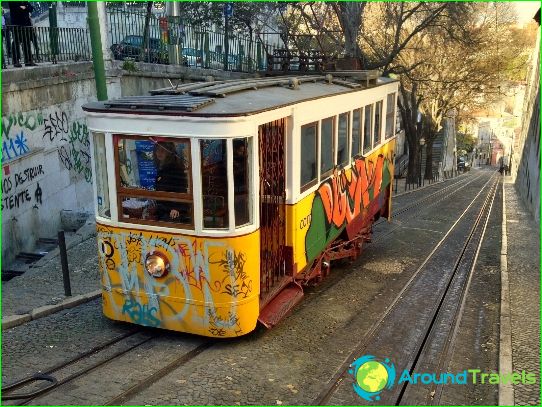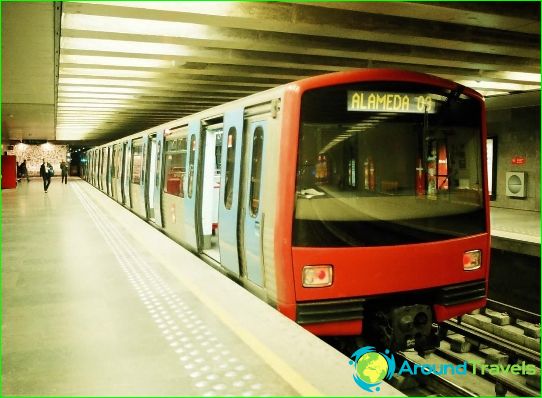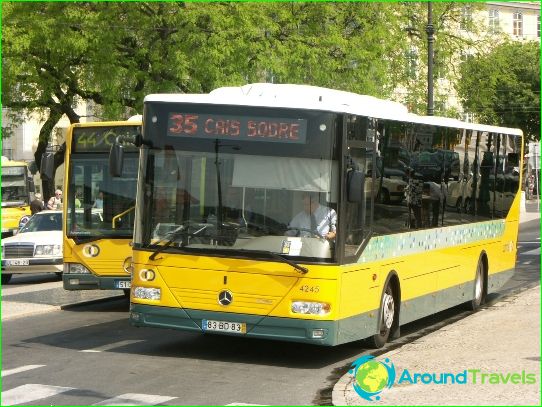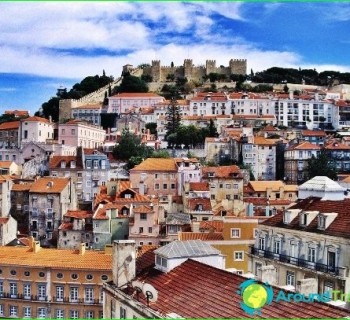Transport in Lisbon

The glorious capital of Portugal cannot yet boast as many guests annually as neighboring Spain. But Lisbon is also leaps and bounds towards a bright tourist future, developing a network of hotels, inns, restaurants, places of entertainment and recreation..
In this list, transport in Lisbon occupies a special place, because the level of development of an important sector of the economy will largely depend on the income of firms and organizations that provide services to guests. The main means of transportation in the main city of Portugal are: subway; trams; buses; funiculars (not quite usual city transport).
No hares
The fines are quite high, and therefore law-abiding citizens of Portugal and guests of the capital acquire travel cards. You can replenish them through banks and post offices, points of sale, ATMs and special machines located at all train stations in the city. The last point should be remembered, since on weekends there is no way to replenish the card in any other way, except for the machine.
Welcome!
For tourists, transport cards have been introduced, allowing them to ride in their favorite form, however, their validity time is limited. After 60 minutes, you will have to buy a new pass, or go for a walk.
There is a great option to extend the pleasure of traveling by public transport - buying a tourist Lisboa Card (valid from 1 to 3 days). You can buy it in advance, via the Internet, and even get a discount. Such a magical pass, in addition to the ability to use the entire public transport park of the city, gives the right to free admission to all city museums, as well as the planetarium and the zoo, for which the tourist will hear special gratitude from his child. You can immediately use the excursion city transport to ride around the old city by bus or tram.
Have arrived
A joy for tourists arriving in Lisbon by plane - now you can get from the airport to the city by metro. By the way, the metro lines are mostly laid on the ground..
Different types of transport in the capital operate like clockwork, and there are also night buses operating on 9 routes. Trams in Lisbon are mostly old, so they look harmonious against the backdrop of streets and squares that have a long history..
The city is located on different levels, connected by lifts and funiculars, travel on which in itself is interesting for tourists. These special modes of transport are classified as monuments of national importance, which means that you can ride the funicular and get to know another landmark of Lisbon.




